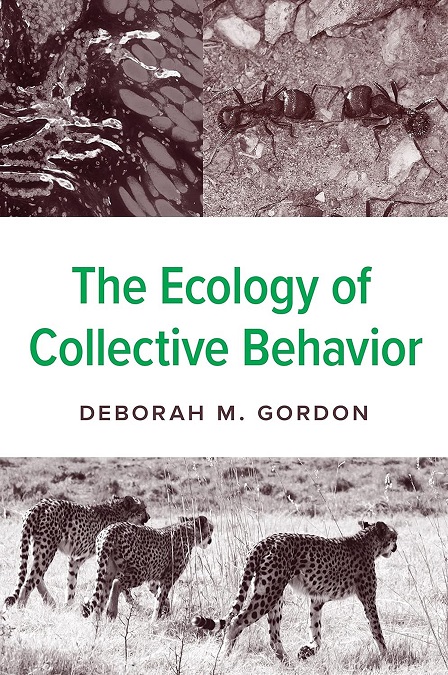Deborah Gordon: Ecology of Collective Behavior > 종교와 과학
칼 바르트와 공공신학
종교와 과학
International Public Theology in Forum-Center, Seoul Extension
공공신학과 시민사회 포럼 연구소
[04356] 서울특별시 용산구 새창로12길 11-18 용산제일교회
Tel. 02-717-069
Copyright(C) 2025 공공신학과 시민사회 포럼 연구소.
All rights reserved. Produced by S.L.I.M.
